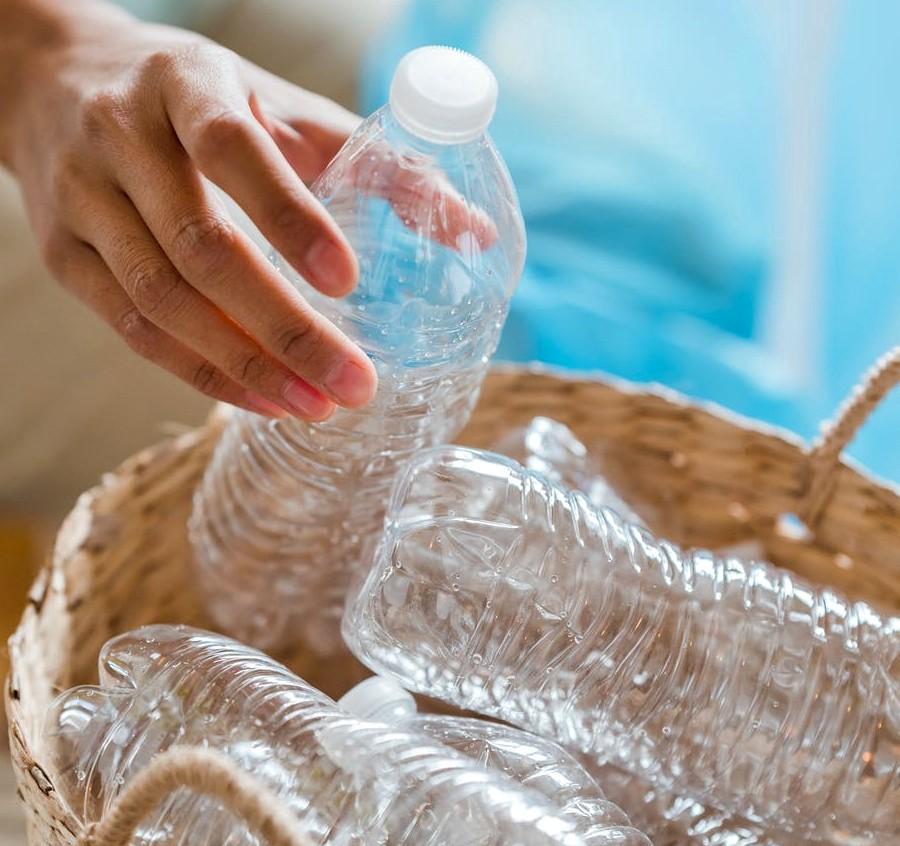[Outrageous!] Glass bottles are more harmful than "plastic"! 】
We have a traditional idea in our minds: plastic bottles are non-recyclable hazardous waste! Is this really the case?
In fact, the harm of glass bottles is even greater. According to a study published in the journal Detritus, glass bottles are 4 times more damaging to the environment than plastic bottles, and Alice Brock of the University of Southampton said: "Glass bottles have been buried from the source of production! To make glass, it is necessary to first mine materials such as silica sand and limestone, which will lead to environmental problems such as desertification of the land and dust pollution. In addition, glass in the process of making will also produce a large number of CO₂, this harmful gas will be less concentrated into more will cause the "greenhouse effect", the negative impact of the greenhouse effect greatly exceeds plastic products.
At present, human beings are experiencing the harm caused by the greenhouse effect, melting glaciers, global warming, drying up and desertification of the land... So, how can this harm be avoided from continuing? What can we do to protect the planet?
At present, the recycling rate of glass bottles in mainland China is very low, which results in many glass bottles being thrown into garbage dumps and then disposed of in landfills. To obtain new glass, the factory also has to mine silica sand again, consuming the resources of the earth. According to the Glass Packaging Association, the energy consumed to process a glass bottle can run a computer for 30 minutes and watch a TV program for 20 minutes.
The glass bottle itself has no impact on the health of the human body, and the root cause of the harm is the production of glass. Therefore, reusing the glass bottles in life is beneficial to the earth and beneficial to human beings themselves. For example, the leftover canned bottles can be used to pickle pickles; the bottles left over from drinking wine are used for flower arrangement; and the glass bottles left over from eating jam are used as salt jars. Moreover, food is healthier in glass bottles than plastic bottles!
#一国一品 #
